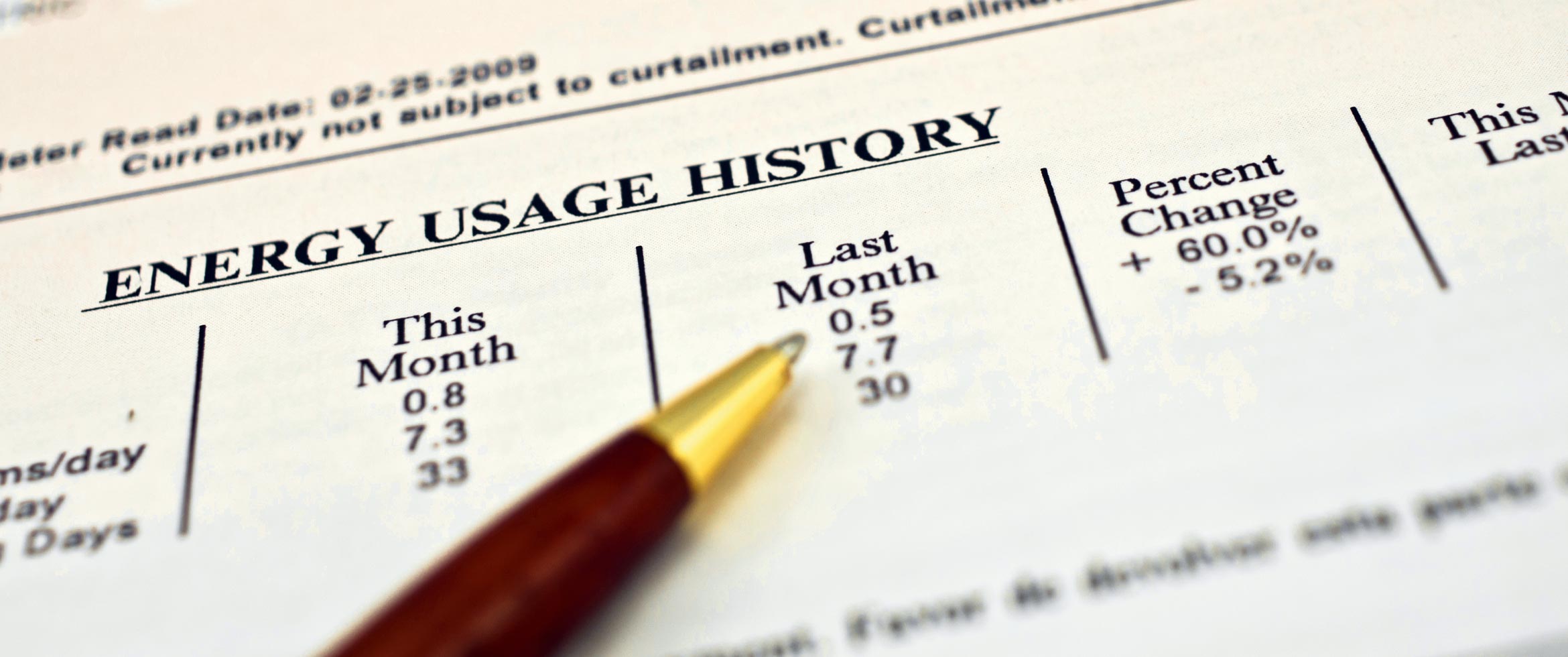Reducing Residential Electrical Energy Use: Payments, Information and Feedback
Hayes, S. C., & Cone, J. D. (1977). Reducing residential electrical energy use: Payments, information and feedback. Journal of Applied Behavior Analysis, 10, 3, 425-435.
Television Feedback Used to Modify Gasoline Consumption
Rothstein, R. N. (1980). Television feedback used to modify gasoline consumption. Behavior Therapy, 11, 5, 683-688.
A Behavioral Model of Residential Energy Use
van-Raaij, W. F., & Verhallen, T. M. (1983). A behavioral model of residential energy use. Journal of Economic Psychology, 3, 1, 39-63.
The Effect of Goal-Setting and Daily Electronic Feedback on In-Home Energy Use
Van-Houwelingen, J. H. & Van-Raaij, W. F. (1989). The effect of goal-setting and daily electronic feedback on in-home energy use. Journal of Consumer Research, 16, 1, 98-105.
The Effects of Videotape Modeling and Daily Feedback on Residential Electricity Conservation, Home Temperature and Humidity, Perceived Comfort, and Clothing Worn: Winter and Summer
Winett, R. A., Hatcher, J. W., Fort, T. R., Leckliter, I. N., Love, S. Q., Riley, A. W., & Fishback, J. F. (1982). The effects of videotape modeling and daily feedback on residential electricity conservation, home temperature and humidity, perceived comfort, and clothing worn: Winter and summer. Journal of Applied Behavior Analysis, 15, 3, 381-402.
Joint Effect of Feedback and Goal Setting on Performance: A Field Study of Residential Energy Conservation
Becker, L. J. (1978). Joint effect of feedback and goal setting on performance: A field study of residential energy conservation. Journal of Applied Psychology, 63, 4, 428-433.
Reducing Elevator Energy Use: A Comparison of Posted Feedback and Reduced Elevator Convenience
Van Houten, R., Nau, P. A., & Merrigan, M. (1981). Reducing elevator energy use: A comparison of posted feedback and reduced elevator convenience. Journal of Applied Behavior Analysis, 14, 4, 377-387.
Energy Conservation and Feedback Metering for the Automobile: Ideal Requirements
Weber, R. J. (1980). Energy conservation and feedback metering for the automobile: Ideal requirements. Bulletin of the Psychonomic Society, 16, 4, 301-302.
Feedback as a Means of Decreasing Residential Energy Consumption
Seligman, C., & Darley, J. M. (1977). Feedback as a means of decreasing residential energy consumption. Journal of Applied Psychology, 62, 4, 363-368.
A Longitudinal Study of Informational Interventions to Save Energy in an Office Building
Staats, H., van-Leeuwen, E., & Wit, A. (2000). A longitudinal study of informational interventions to save energy in an office building. Journal of Applied Behavior Analysis, 33, 1, 101-104.



